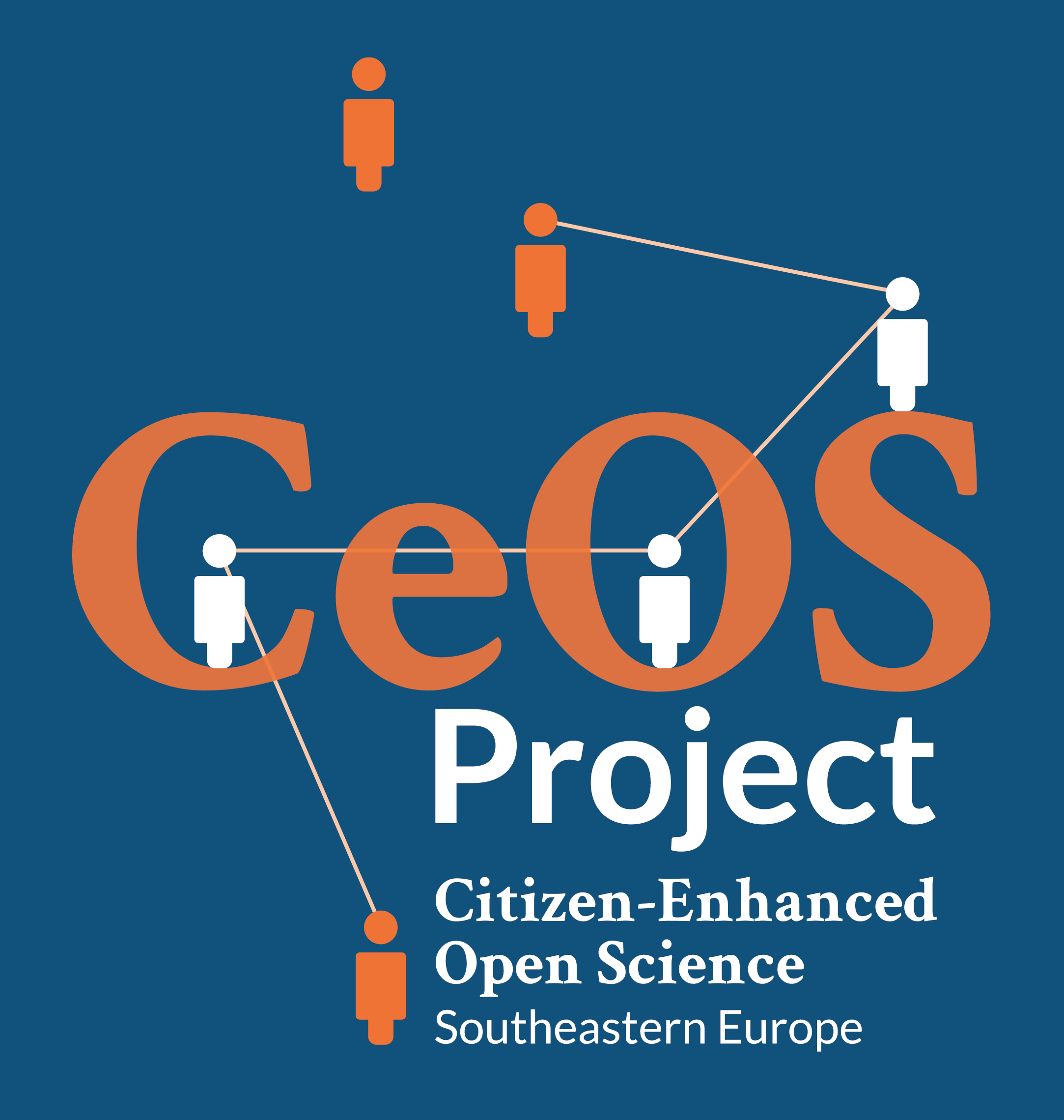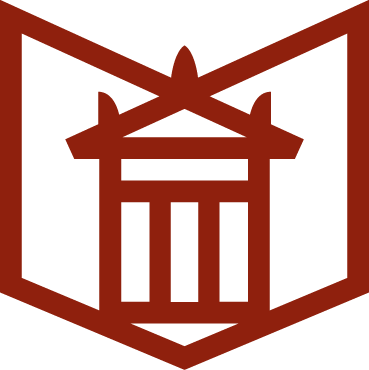Libraries can rely on crowdsourcing projects to support their business development, as demonstrated by the HAWathon project, whose data was used to build a digital thematic collection. The National and University Library in Zagreb (NSK), relying on the knowledge gained from the CeOS_SE project, is the main organiser of the HAWathon project. Three departments of NSK participated in the organisation of the first activity of this project: User Service Department, Croatian Web Archive, and European Documentation Center NSK. The Public Library “Ivan Goran Kovačić” Karlovac, Gimnazija Karlovac , the school library of Gimnazija Karlovac, and Europe Direct Karlovac joined the organisation.
The Context of competition
The name HAWathon comes from the combination of the acronym of Croatian Web Archive (Hrvatski arhiv weba) and the word “datathon”. HAWathon involves high school students competing in collecting web content on a specific topic. The focus of the first HAWathon held on March 21, 2023, in Karlovac was the famous Croatian writer Ivan Goran Kovačić. This writer is important for the Karlovac region, and the activity celebrated the 60th anniversary of the Public Library “Ivan Goran Kovačić” Karlovac being named after him, as well as the 110th anniversary of his birth. HAWathon is also connected with the European Year of Skills, with an emphasis on strengthening the digital skills of young people.
Three classes from Gimnazija Karlovac participated in the competition, with 60 students competing in three school hours. For the competition, students collected links to web pages about Ivan Goran Kovačić and had 15 minutes to submit the links via a specially created Google form. Participants had to follow criteria for selecting correct web content, promoting their information literacy, encouraging critical thinking, and reminding them of the importance of European programs and the role of libraries in modern society. Each class had its winner, and the students who collected the most (correct) links were: Lorena Filipović, Mia Cvitak, and Ivan Tomislav Cvitešić. The announcement of the winners took place in the school library of Gimnazija Karlovac, and local media covered the event.
Evaluation questionnaire
Immediately after the HAWathon, citizen scientists filled out an evaluation questionnaire. The results showed that 60 high school students participated in HAWathon and rated it as follows: good: 1,7%; very good: 17,2%, and excellent: 81%. The clarity of HAWathon rules was rated as follows: very good: 11,9%, and excellent: 88.1%. Interestingly, 74,57% of the participants heard about the European Year of Skills for the first time, and 70,17% heard about the Croatian Web Archive. As future topics, students said they would like to create thematic collections about cryptocurrencies, Croatian mythology, local heritage collections, etc.
Activity highlights
The National and University Library in Zagreb will use the collected links to create a thematic collection about the life and work of Ivan Goran Kovačić. In addition to participating in the competition, the students are also the authors of a future collection that will be published and permanently available for open access. In this case, librarians acted as professionals, while citizen scientists assisted them in collecting data to create a thematic collection. The most significant benefits for the NSK resulting from the project are:
- The creation of new partnerships.
- Disseminating knowledge about the concept of citizen science.
- Saving time.
The connection of this crowdsourcing project with the European Year of Youth has resulted in partnerships with organisations implementing European programs, which have provided consolation prizes for each participant and main prizes for the winners. Additionally, this project allowed the NSK to step out of its premises and hold an activity in another city, thereby expanding perspectives for the future development of citizen science at the national level.
Future Plans
It is important to emphasise that three types of libraries participated in organising the HAWathon: national library, public library, and school library, which influenced the professional level of organisation and broad public participation. Considering the significant media coverage and the presentation of the HAWathon project at domestic and international professional-scientific conferences, it indicates the possibility of developing the project and implementing it in numerous cities across Croatia.
Author: Dolores Mumelaš, NSK











